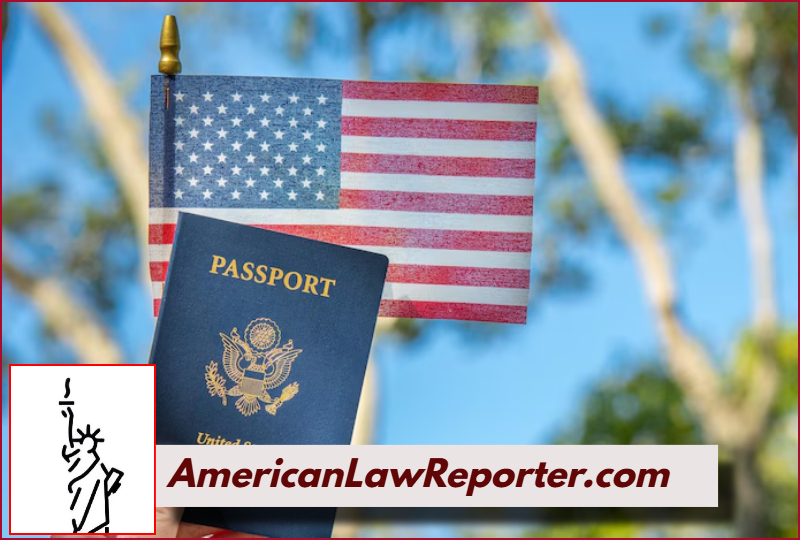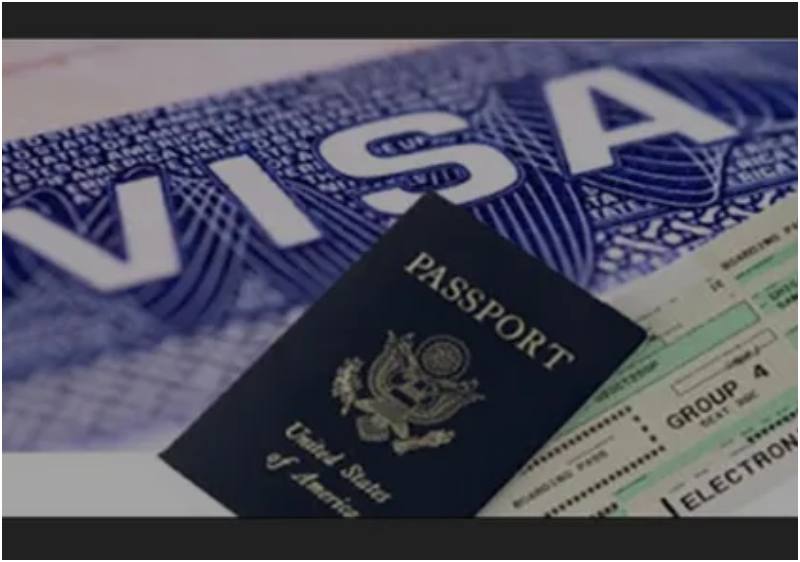The U.S. Citizenship and Immigration Services (USCIS) has issued a clear reminder: being granted a green card or visa is a privilege — not a right — and violating U.S. laws can result in losing that privilege.
In a recent post shared on the official USCIS Facebook page, the agency warned that noncitizens who advocate or support violence, terrorism, or related activity may face revocation of their legal status in the U.S.:
“Coming to America and receiving a visa or green card is a privilege. Our laws and values must be respected. If you advocate for violence, endorse or support terrorist activity, or encourage others to do so, you are no longer eligible to stay in the U.S.”
While the message doesn’t introduce new policy, it reflects how existing immigration laws are being enforced more strictly under the Donald Trump administration, especially regarding national security and public safety.
What This Means for Immigrants

According to federal law, any noncitizen — whether here on a visa, green card, or other temporary status — can be removed (deported) for engaging in or promoting criminal activity, including:
- Advocating violence
- Supporting or encouraging terrorism
- Committing serious crimes
These actions don’t just threaten deportation. They can also permanently bar a person from reentering the United States.
Not Just Words — A Legal Line
Immigration attorneys warn that even social media posts or statements seen as encouraging violence or extremist views could trigger review of a person’s immigration status.
The USCIS’s message is part of broader efforts to reinforce immigration laws tied to national security, especially in light of rising global tensions and increasing scrutiny at the border.
A Reminder to Follow the Rules
For lawful permanent residents (green card holders) or visa holders, the takeaway is simple: follow U.S. laws and respect its values. Any action that is considered a threat to public safety — even verbal support for violence — can have life-changing legal consequences.
Immigration law is complex, but this message from USCIS is not: breaking the law could break your path to the American dream.

